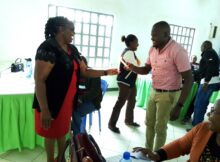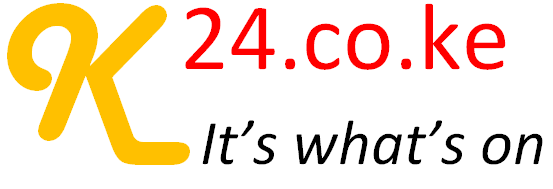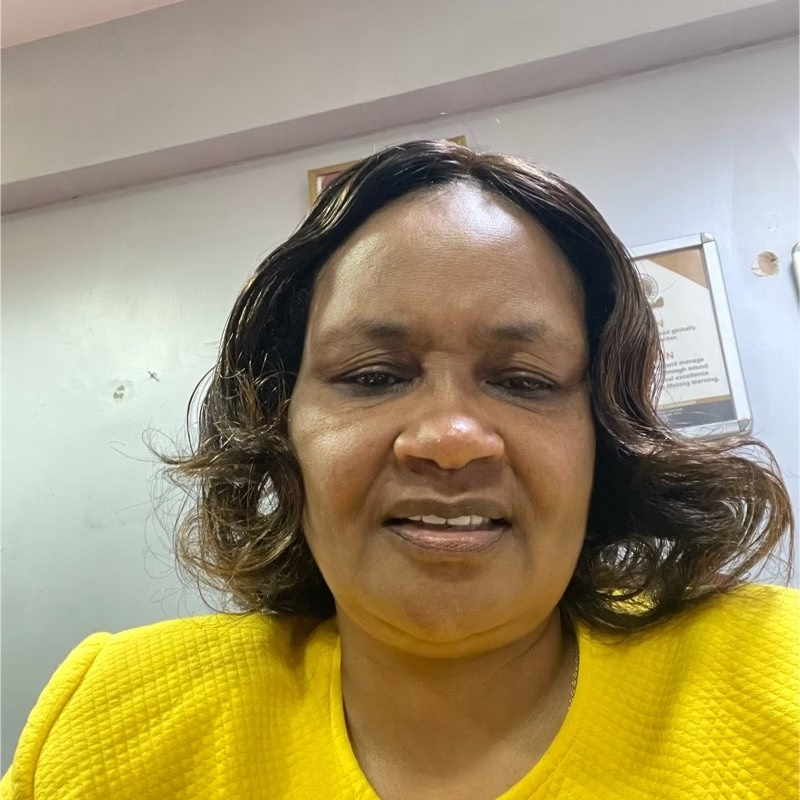
TSC’s April retooling of Science teachers commended for discipline and commitment
TSC’s April retooling of Science teachers commended for discipline and commitment
April’s retooling for the over 19,000 science-based teacher interns conducted by the Teachers Service Commission (TSC) was characterized by distinct features anticipated of any Junior Secondary School (JSS) cohort.
The event, which concluded last Friday, left many Master Trainers and Trainers of Trainees communicating and sharing insights across their regions to compare and contrast the attributes of April’s group.
While speaking to Education News during the concluding survey of the retooling, most trainers commended the April group for their impressive demonstration of discipline, expressing a desire for the exercise to extend beyond the planned timeframe.
In contrast to the arts-based teachers who underwent retooling throughout 2024, the science-based interns were observed to be punctual, often arriving at the training venues as early as 7:30 am.
“They made us arrive very early at the venues, unlike their arts counterparts, who would often keep us waiting for extended periods. This was a different group,” one of the trainers from Nairobi concurred.
In addition to adhering to and sustaining their arrival times, the teachers exhibited heightened enthusiasm during the training.
The majority of them actively took notes and readily asked questions, seeking clarification on topics that seemed unclear.
The teachers, who represented the majority among the first group to be retooled under a Competency-Based Curriculum, surprised the trainers by sharing practical experiences related to the training outcomes with notable self-confidence.
Their hands-on approach reportedly facilitated the trainers’ work, allowing them to cover the training content designed for five days within four days. The training schedule lost one day due to the Easter holidays.
Unlike the typically vocal teachers, whose inquiries often center around reimbursement amounts, food provisions, certification, airtime availability, and training duration, the April training centers were noted for their calm and engaging atmosphere.
The training also included Special Needs Education (SNE) teachers who conducted sessions at the county level. The survey indicated that pre-vocational teachers were excluded from the recently concluded exercise.
Intern teachers from age-based special schools, including those for hearing, visual, and physically impaired students, were the focus of April’s retooling. Additionally, it was observed that the TSC had not recruited teachers for the prevocational level in these special schools. Teachers managing intermediate levels are assigned to the prevocational classes, a situation that raises numerous concerns.

